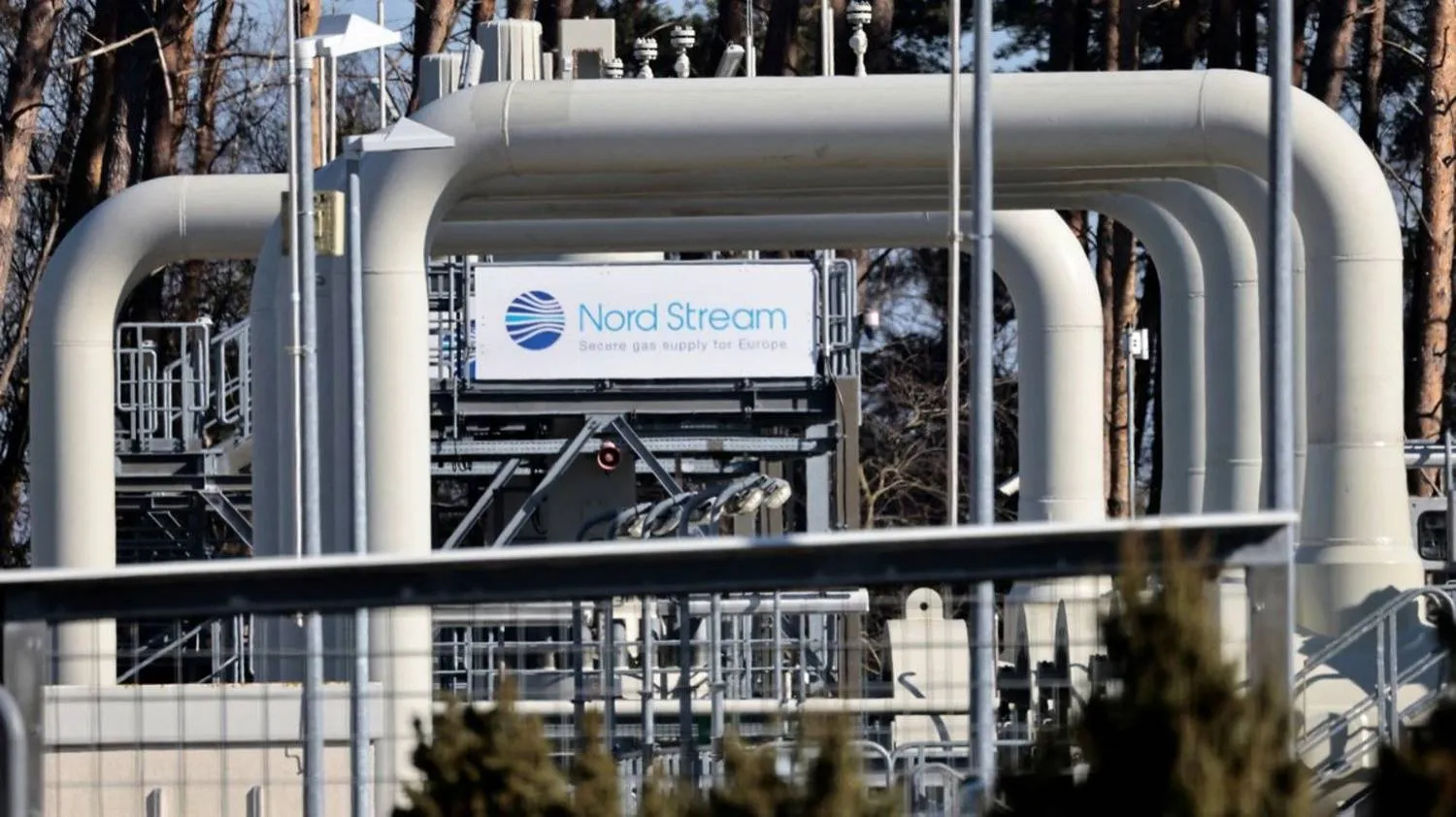The European Union is insufficiently prepared to weather a future gas crisis despite introducing a raft of measures to end its dependence on Russian energy, the European Court of Auditors said on Monday.
Europe's energy supply was upended in 2022 when former top gas supplier Russia invaded Ukraine and slashed fuel deliveries, prompting the EU to introduce emergency policies to fill gas storage, reduce gas use, and jointly buy gas, Reuters reported.
Europe managed to avoid a major gas shortage during the crisis, but it is unclear how much of that can be credited to EU policies versus other factors like mild winter weather and high prices causing industries to use less gas, the ECA said in a report on Monday.
Coordination between Brussels and EU countries helped to forge new gas supply routes to avoid shortages, and the EU's obligation for countries to fill gas storage 90% ahead of winter created market certainty, the report said.
But the auditors said these actions did not sufficiently address the affordability of gas, the price of which surged to above 300 euros ($322) per megawatt hour in August 2022 from around 50 euros per MWh a year prior.
"The Commission knew already in 2014 that a cut-off of Russian gas would have a huge impact on prices, but never modelled its effects on consumers or industry," said Joao Leao, who led the audit.
The auditors flagged other gaps in Europe's preparations for supply crises, noting that six EU countries have kept the option to cut off gas deliveries to their neighbours in an emergency.
They declined to comment on how the scheduled expiry this year of a deal on the transit of Russian gas to Europe via Ukraine would affect Europe's energy security. But they noted the EU's overall reliance on Russia has dropped from 45% of total gas supplies in 2021 to around 15% last year.
Europe's gas demand is expected to decrease as countries reduce fossil fuel consumption to meet climate goals. The auditors said the EU is far behind on its plans to build carbon capture infrastructure to capture the emissions from continued gas combustion.









